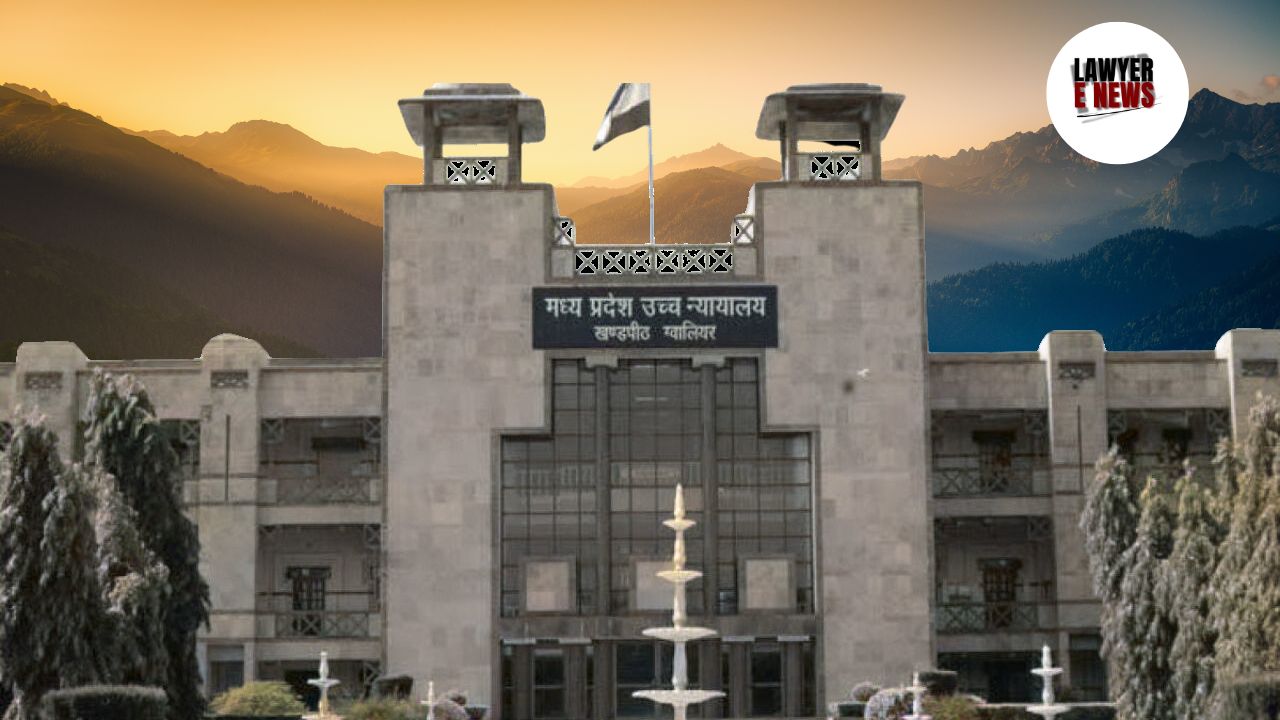-
by Admin
15 February 2026 5:01 PM



Legal representatives of the deceased include married siblings," says court, enhancing compensation significantly. The High Court of Madhya Pradesh has ruled in favor of a married sister seeking compensation for her brother’s death in a motor vehicle accident. The judgment, delivered by Justice Achal Kumar Paliwal, emphasized that legal representatives under Section 2(11) of CPC can include siblings regardless of their dependency status. The court enhanced the compensation awarded significantly, setting a notable precedent.
The case involved an appeal filed by Smt. Ramadevi Rajput, who sought enhanced compensation for the death of her brother in a motor accident. The appellant, a married sister of the deceased, initially received a lower compensation from the Tribunal. The respondent, Bharat Kumar Chourasia, and the insurance company contested the claim, arguing that as a married sister, the appellant was neither a legal heir nor dependent on the deceased, and thus, not entitled to compensation.
The court discussed the broad definition of "legal representative" under Section 2(11) of CPC. It ruled that siblings, including married ones, qualify as legal representatives and are entitled to claim compensation. "The principles laid down make it clear that legal representatives are entitled to compensation regardless of their dependency status," the court noted.
The judgment referred extensively to Sections 8, 9, and 11 of the Hindu Succession Act, 1956, and relevant case law. Justice Paliwal emphasized that Class II heirs, which include siblings, share equally in the absence of Class I heirs. The court dismissed the insurance company's argument, which relied on a narrow interpretation of the law.
The court reinforced that compensation claims under the Motor Vehicle Act are not limited by dependency. It cited the Supreme Court's rulings in similar cases, underscoring that compensation forms part of the deceased's estate and thus can be claimed by legal representatives.
Justice Paliwal stated, "The legal representatives of the deceased have a right to apply for compensation. This right is not curtailed by their dependency status or marital status."
The High Court's decision to enhance the compensation significantly reaffirms the rights of legal representatives to seek justice in motor accident claims. This ruling is expected to have far-reaching implications, ensuring broader coverage for families of deceased victims, irrespective of their dependency status.
Date of Decision: 21st May, 2024
